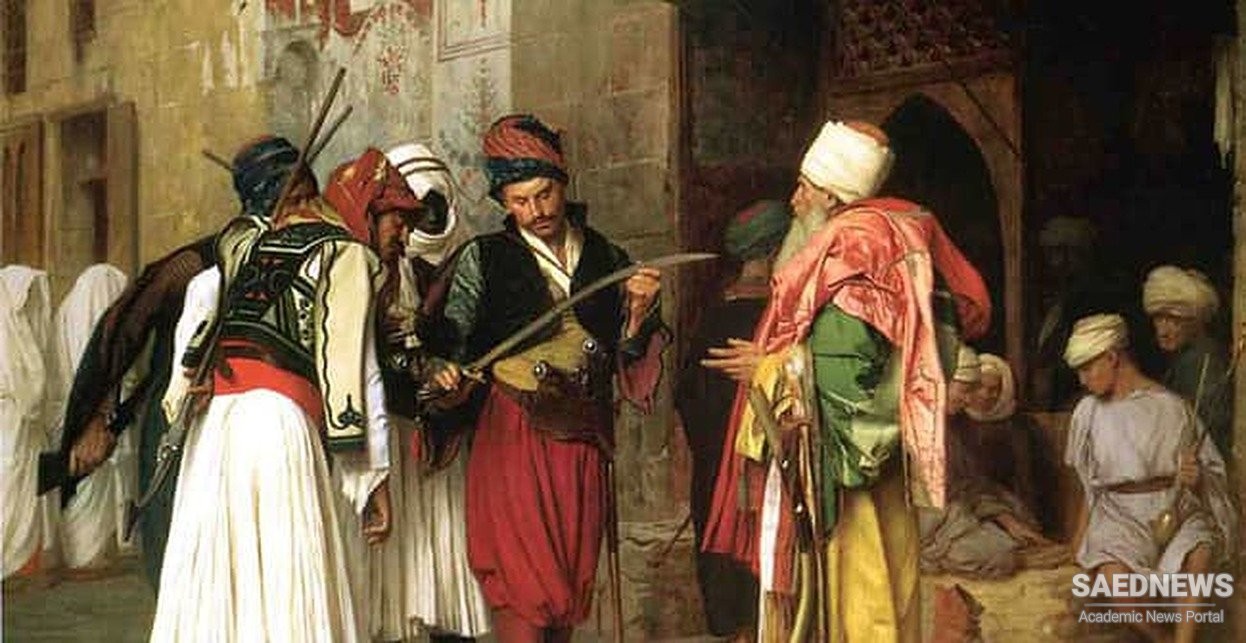When one realises that many of these Tiirkmens - in fact, all those who came from the province of Rum — were Ottoman subjects, one readily appreciates that this occurrence, a movement of population which the Ottoman authorities could not fail to notice, was viewed in Istanbul with suspicion and growing disquiet. It was seen as a confirmation of certain separatist tendencies which had been evinced in the province of Rum for some time. Even a ruler sympathetic towards the dervishes like Sultan Bayezld II could not look on indifferently: at least since the attempt on his life in 897/1492 by an Islamic wandering mystic, he knew what to expect of political fanatics who had donned the cowl. Although the would-be assassin had been a qalandar dervish, not a Qizilbash, the political aspirations of the Qizilbash had been clear enough to the Sublime Porte since the time of Junaid. Thus when Isma'II appeared in Arzinjan, the Ottoman government feared an attack on the province of Rum, which in the circumstances might only too easily result in the loss of this territory. It therefore made extensive military preparations, which were not abandoned until Ismail had turned his attention to the regions further to the east. Although the expected attack had not materialised, there remained grave concern about the continuing flow of Anatolian mercenaries into Ismail's armies.In order to stem this massive emigration of able-bodied subjects and put an end to the reinforcement of a potential enemy, the sultan ordered in 907-8/1502 the first persecution of Qizilbash in Anatolia. Every inhabitant who was known to have Safavid sympathies was branded on the face and deported to the west, usually to Modoni and Koroni in southern Greece. The amirs on the eastern frontier were ordered to prevent Qizilbash from crossing the border. However, these measures could have had little permanent effect in the conditions of the time, particularly in the case of a partly nomadic population whose religious and political loyalties were difficult to check. But the campaign was not a total failure either, as can be seen from Ottomanchroniclers who record that Isma'Il sent the sultan a written (and unsuccessful) appeal asking him not to forbid his adherents to cross the frontier (Source: The Cambridge History of Iran, Vol. 6).


 Safavid Shah Ismail and His Devoted Army Elements
Safavid Shah Ismail and His Devoted Army Elements














































